11 reasons why this Giro d'Italia has been better than you think
The 2019 edition of the Italian Grand Tour has actually provided a number of memorable and exciting moments
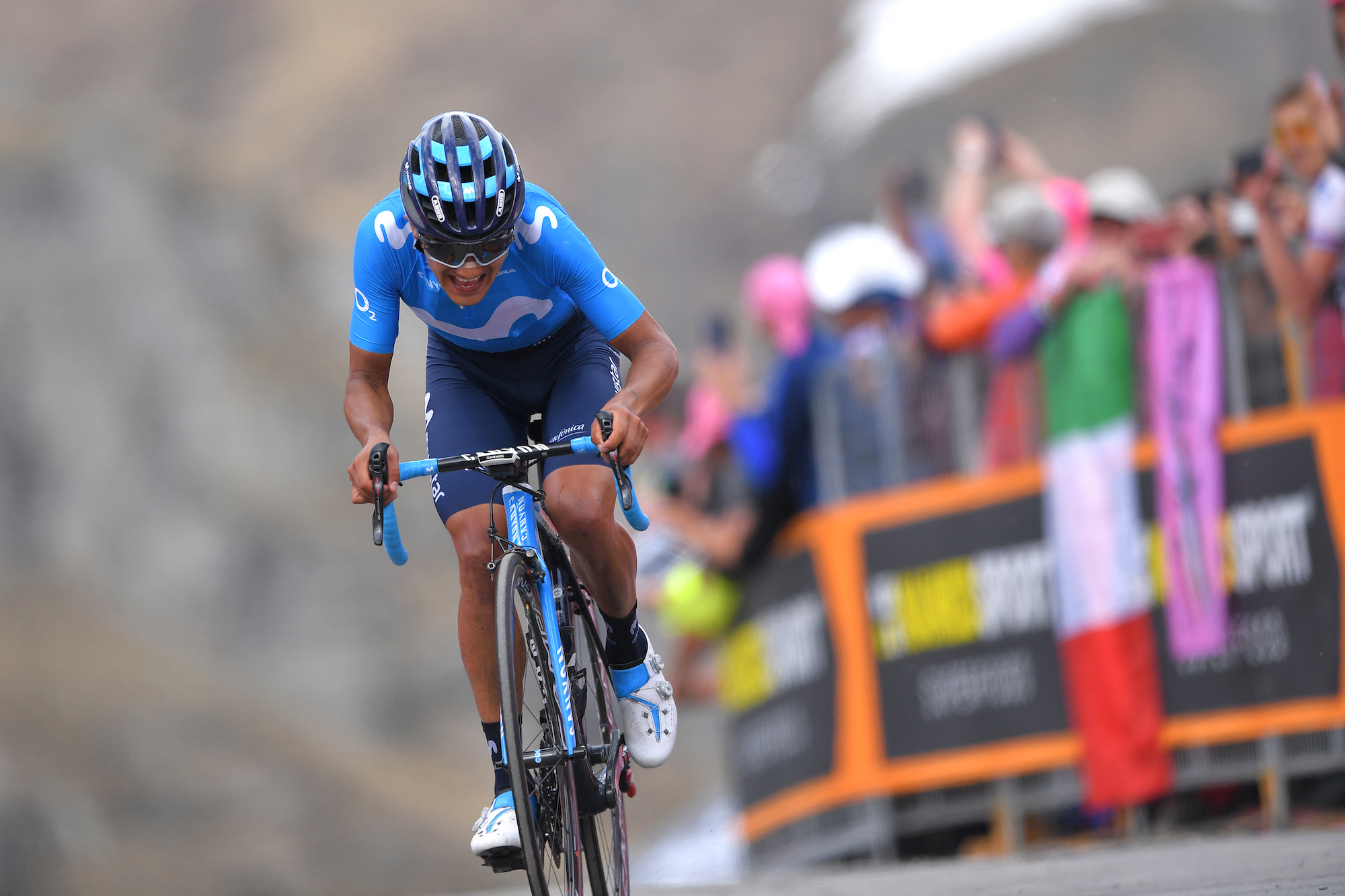
Richard Carapaz wins stage 14 of the Giro d'Italia 2019 (Photo by Tim de Waele/Getty Images)
The latest race content, interviews, features, reviews and expert buying guides, direct to your inbox!
You are now subscribed
Your newsletter sign-up was successful
Since September last year when Simon Yates stood on the podium in Madrid after claiming victory in the Vuelta a España, many of us were left with nothing else to do except patiently wait for the start of the next Grand Tour in eight months time.
The Classics season aside, obviously exciting in its own right, is just not the same as a three-week stage race. What could compare to the joy of watching the peloton traverse an entire country while we all watch from the comfort of our sofas.
However, sometimes after such a build up of anticipation, the action can occasionally fall flat in the eyes of viewers, with the Giro d'Italia 2019 facing accusations of being a "boring" Grand Tour.
The parcours have come in for particular criticism, with no GC battle taking place until stage 13, and the first week was beset by miserable weather conditions.
However, it's not all been doom and gloom. Here are 11 reasons why the Giro d'Italia 2019 has actually been better than you think.
An entertaining opening time trial
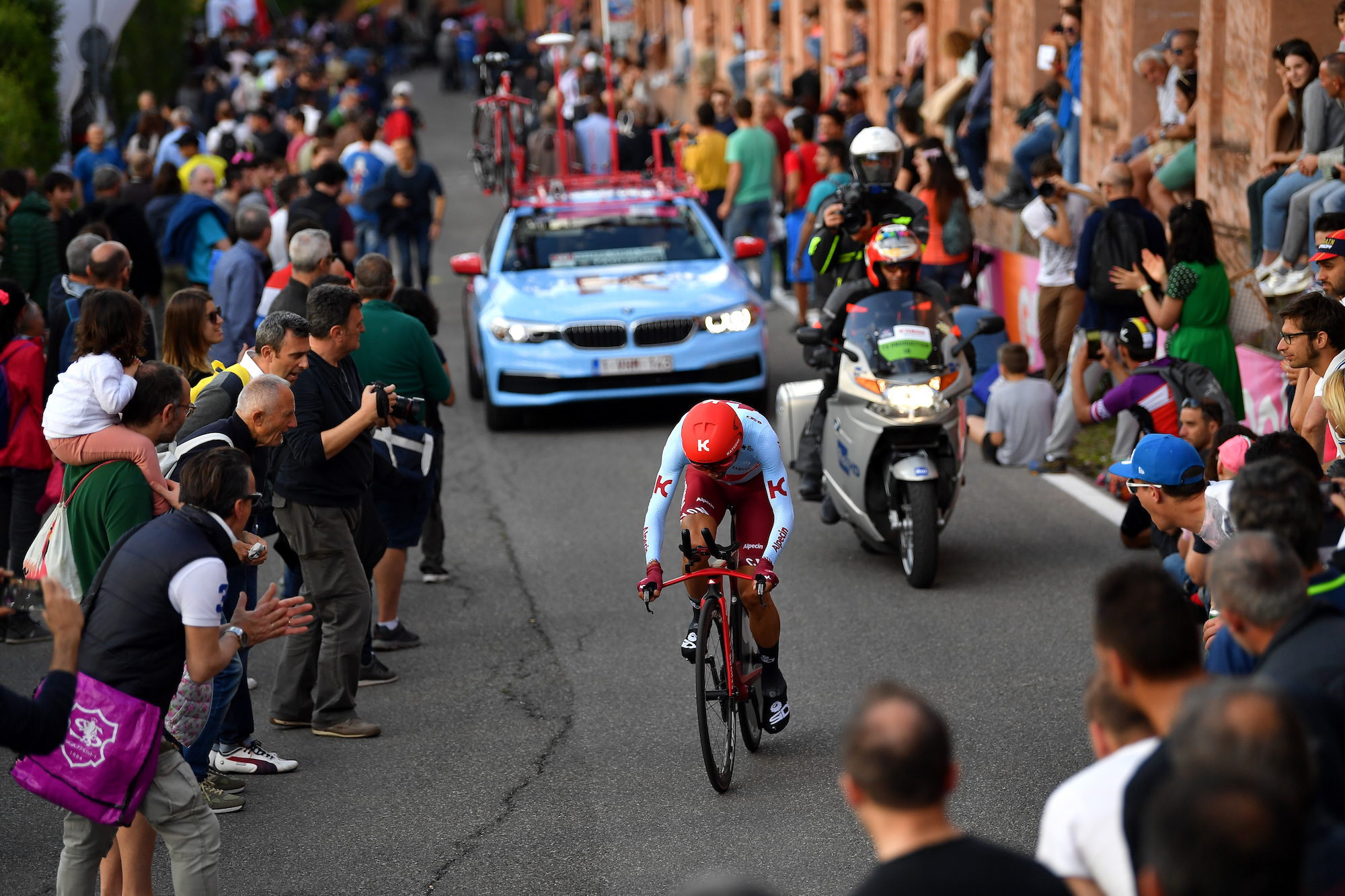
The 8km course was just long enough to make it most definitely not a prologue, but even so, an opening time trial is often not as much fun as the chaos of a bunch sprint and seeing a sprinter in the leader's jersey.
The latest race content, interviews, features, reviews and expert buying guides, direct to your inbox!
However, the race against the clock on stage one featured a brutal final incline with 2km to go. A number of riders chose to switch from time trial bikes to road bikes for the finish, resulting in frantic exchanges with soigneurs, Tao Geoghegan Hart described it as similar to "being hit with a big hammer" and one rider managed to even get eliminated after finishing outside the time cut on the short course.
Who said time trials are boring?
Notable absentees meant a wide open GC contest
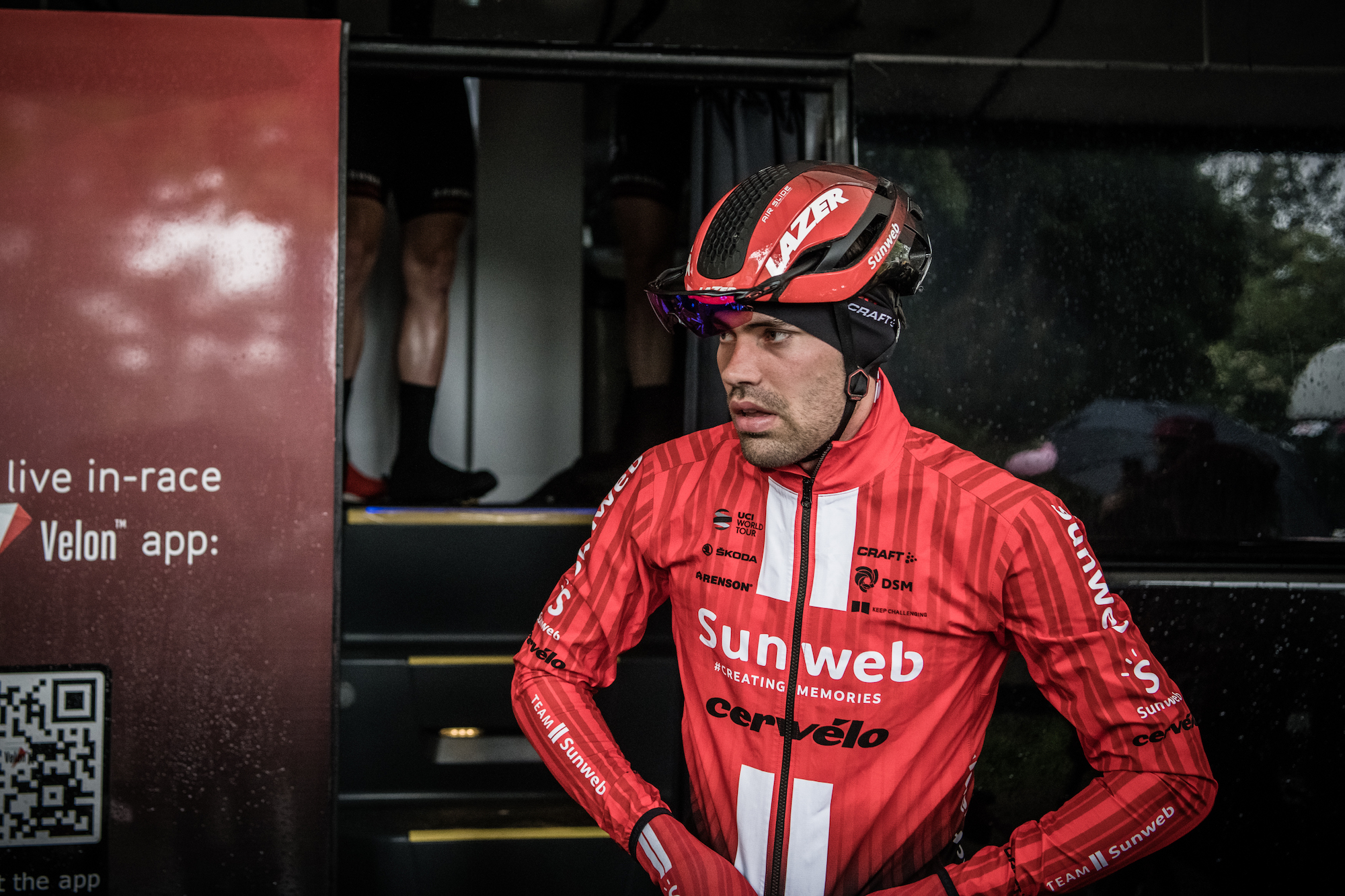
No Chris Froome, Geraint Thomas, Egan Bernal (all Ineos) or Alejandro Valverde (Movistar), the latter two after pre-race crashes, and no Tom Dumoulin (Sunweb) as the Dutchman abandoned in the first week after also sustaining crash-related injuries. This left the GC contest wide open.
Sure, Vincenzo Nibali (Bahrain-Merida) had the pedigree, with a Tour de France win and two Giro victories under his belt, but with Primož Roglič going strong in the first two time trials, it was up to the purer climbers to spend the next 10 stages clawing back time on the Slovenian. Even heading into the final two stages, the GC could all turn on its head.
Riders losing their cool
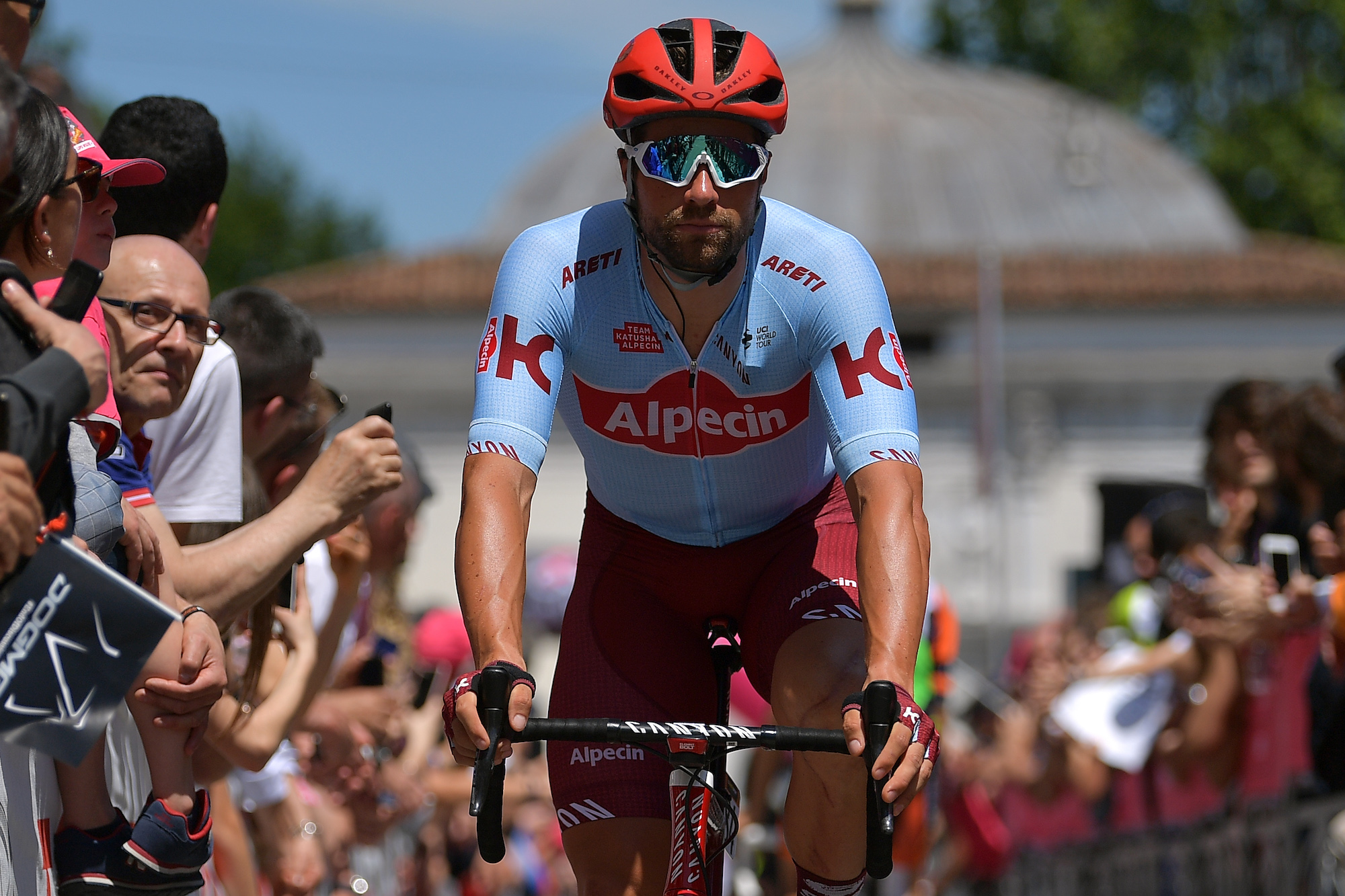
Marco Haller showcased some more than understandable road rage after a spectator tried to rip a bidon out of his mouth after stage 12. The Austrian's command of English swear words is also really quite impressive.
No Team Ineos train controlling the peloton
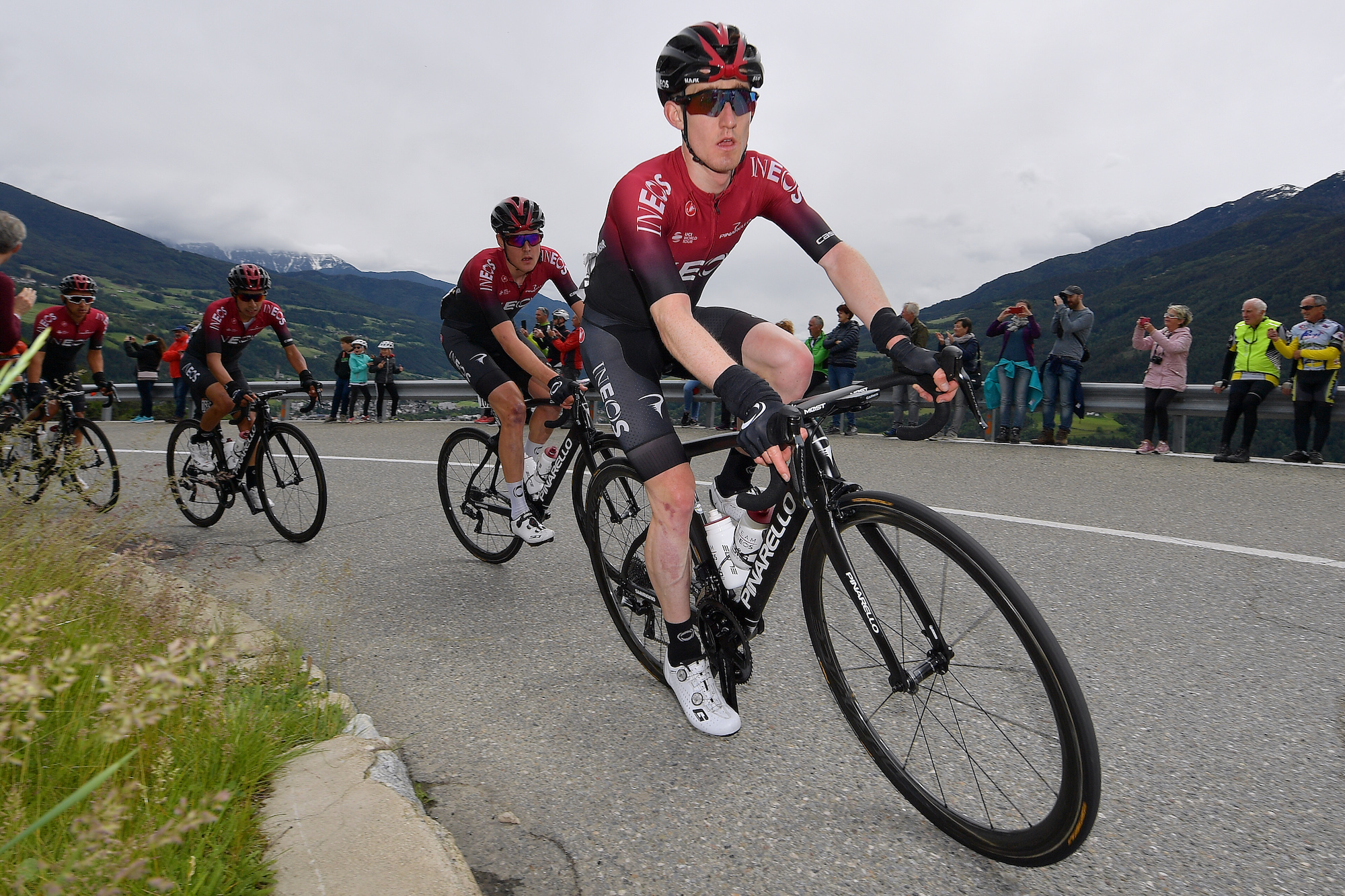
After Chris Froome and Geraint Thomas decided to focus on their Tour de France ambitions, Egan Bernal was granted team leadership responsibilities, as the British team looked to give their future GC prospect a chance to cut his teeth in a battle for the overall classification. However, Bernal crashed out the week before the start in Bologna, leaving Ineos without any real contender for the GC.
In past Grand Tours, Team Ineos (then Team Sky) have been criticised for doing too good a job at controlling the race whilst they protect their contender for the overall, setting a high-pace so as to thwart attacks from rivals.
However, their lack of GC ambition coupled with Primož Roglič, who looked the most likely winner for the majority of the race, and his Jumbo-Visma team not strong enough to keep the race together, we've seen a number of GC groups regularly appearing on the roads as the gradients steepened.
Would we have had this much action if Team Ineos had been supporting either a Thomas or Froome tilt at the general classification?
Giulio Ciccone lights up the race
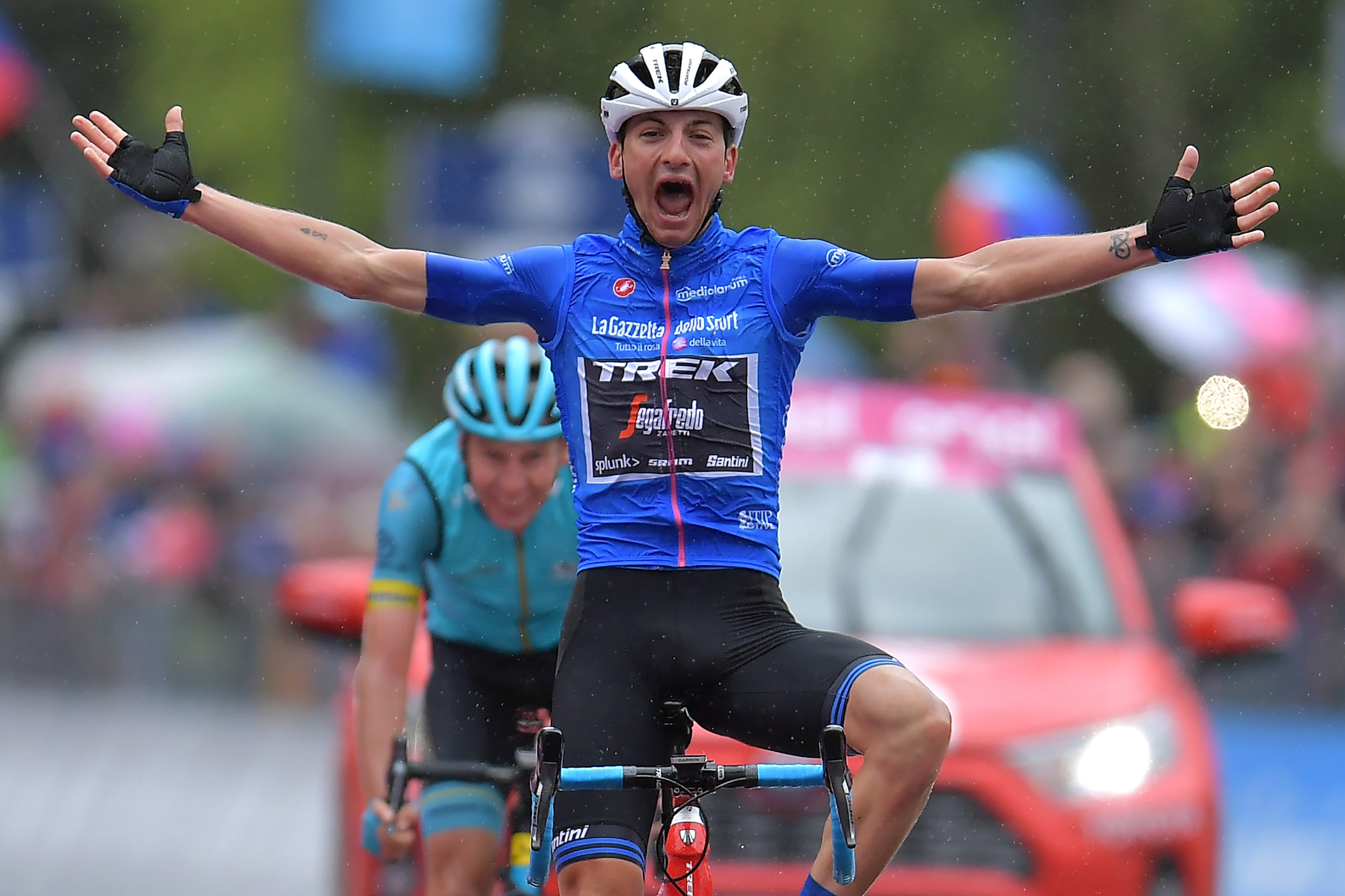
There's nothing like an Italian going strong in their home Grand Tour to electrify the roadside fans. As Vincenzo Nibali embroils himself in the GC battle, Giulio Ciccone (Trek-Segafredo) has lit up the race with attacking intent.
He has gotten himself into what seems like every breakaway and has fought tooth and nail for the blue king of the mountains jersey. Then he took the victory on the queen stage, which featured the Mortirolo, after being in the day-long breakaway.
Close sprint competition
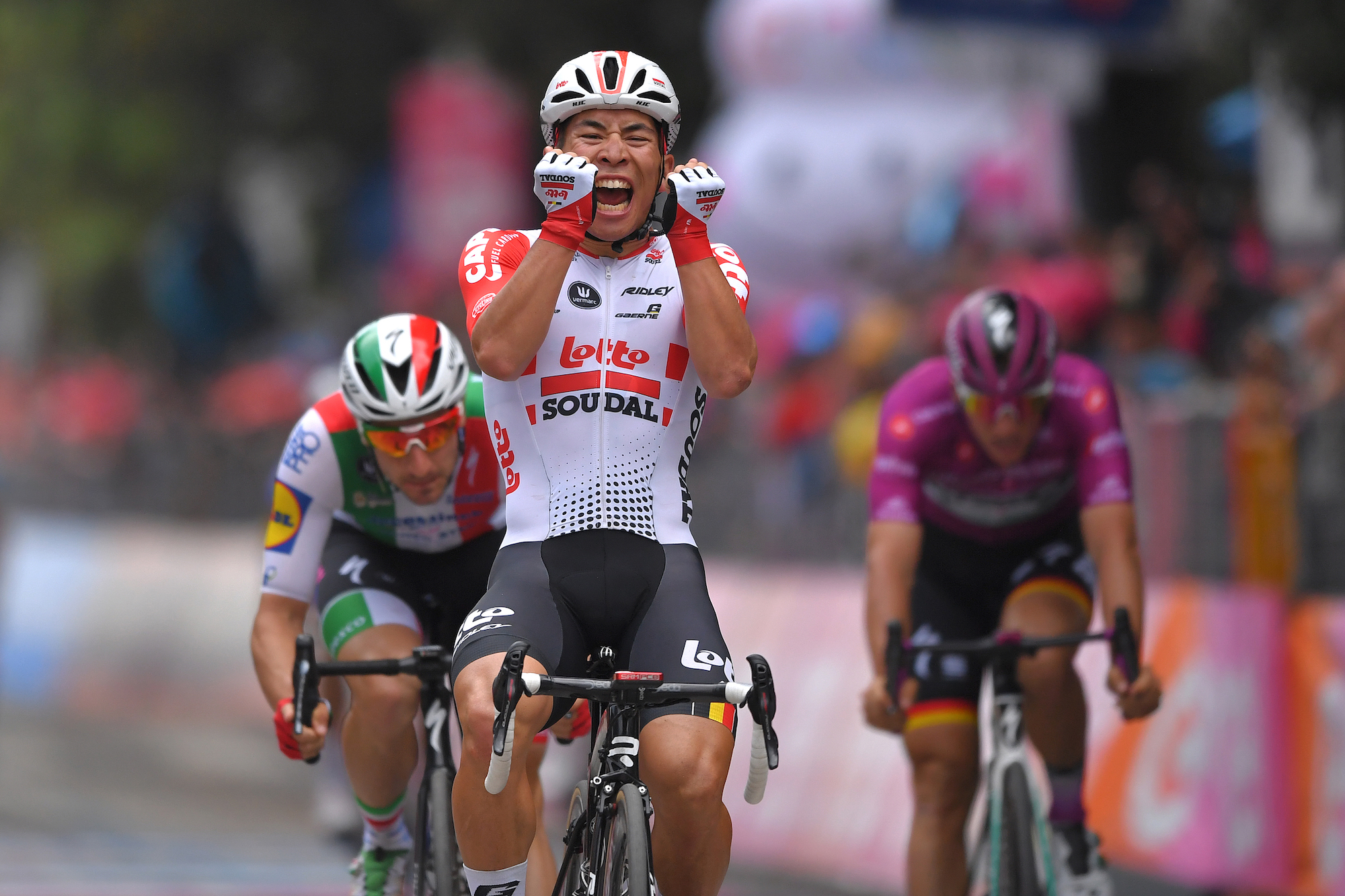
With a wealth of sprinting talent making the trip to Italy, and a number of them coming with a point to prove, the opening flat stages would be hotly contested.
Pascal Ackermann (Bora-Hansgrohe) returned two stage wins and currently wears the ciclamino jersey, making good on the faith put in the German after taking him to the race ahead of team-mate Sam Bennett. Caleb Ewan (Mitchelton-Scott) also took two stage victories and Arnaud Démare (Groupama-FDJ) and Fernando Gaviria (UAE Team Emirates) have one apiece.
Elia Viviani (Deceuninck - Quick-Step), despite his bespoke Italian road race champion jersey, came across the line first only once, before he was relegated for an irregular sprint and the victory was given to Gaviria.
GC battles on and off the bike
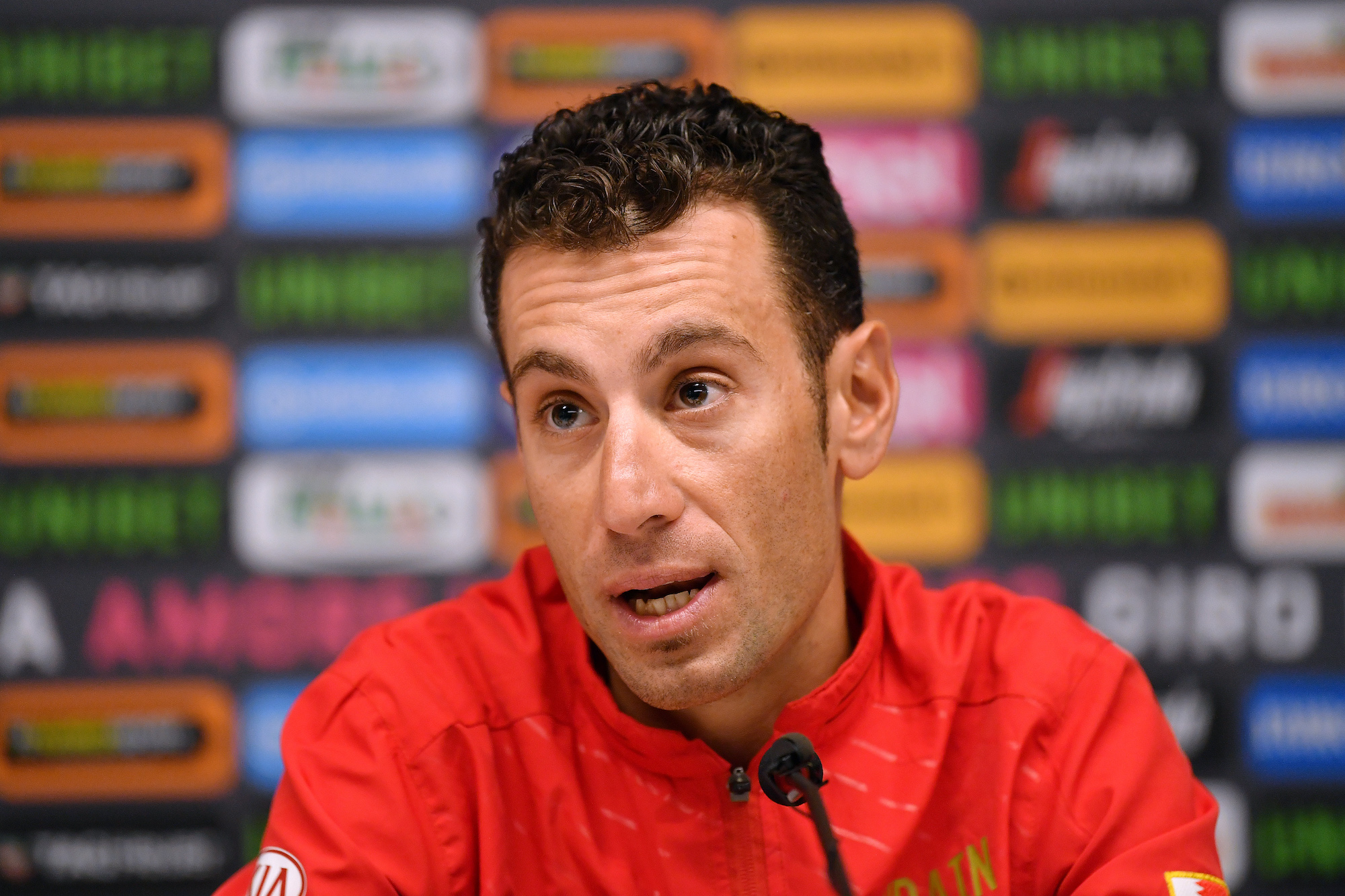
Simon Yates began his Giro by saying his rivals should be sh**ting themselves, with Vincenzo Nibali offering a retort that he should show more respect, before the Italian responded to Primož Roglič's defensive riding by inviting the Slovenian to his house to look at all his trophies. Mikel Landa also had some choice words for Simon Yates after a crash on stage four.
It is to be expected that tempers can boil over in the stressful environment of a Grand Tour. For spectators, it's part of the enjoyment of the three-weeks of racing, with rivalries and wars of words adding to the story and intrigue of the race.
Uncertainty over the Gavia
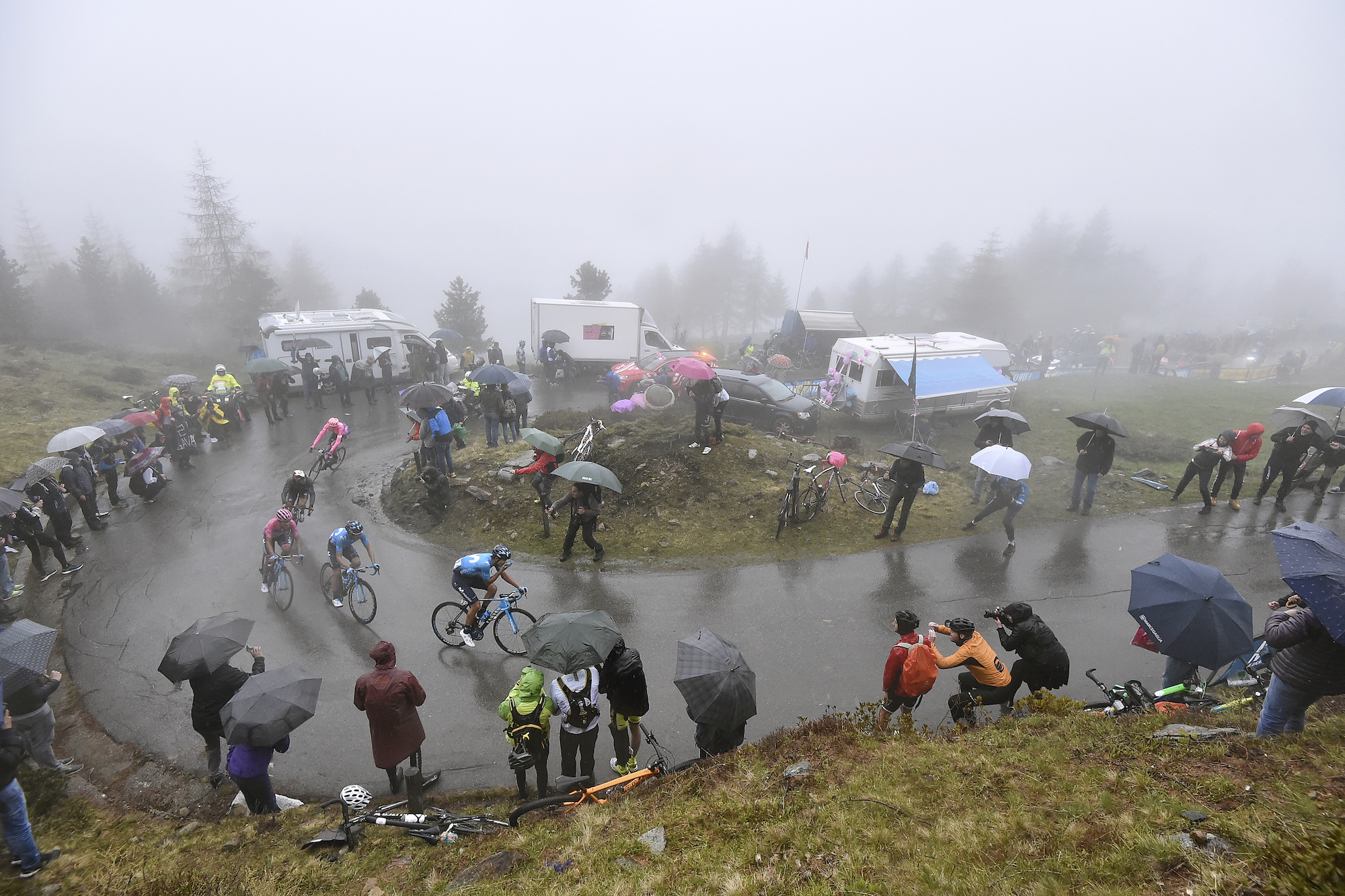
Whispers began not long after the Giro set off from Bologna that the queen stage of the race was being threatened by inclement weather.
Despite efforts to clear the road, snow kept falling on the Gavia pass and threatened the highest point, the cima coppi, of this year's Giro on stage 16.
After threats of avalanches and concerns over ice in the tunnels, the stage was altered and the Gavia cancelled due to concerns over rider safety. Of course, you don't want riders racing in conditions that could threaten their safety, but the will-they-won't-they kept fans refreshing their Twitter feeds as news updates dripped through.
An eventful race for the Brits
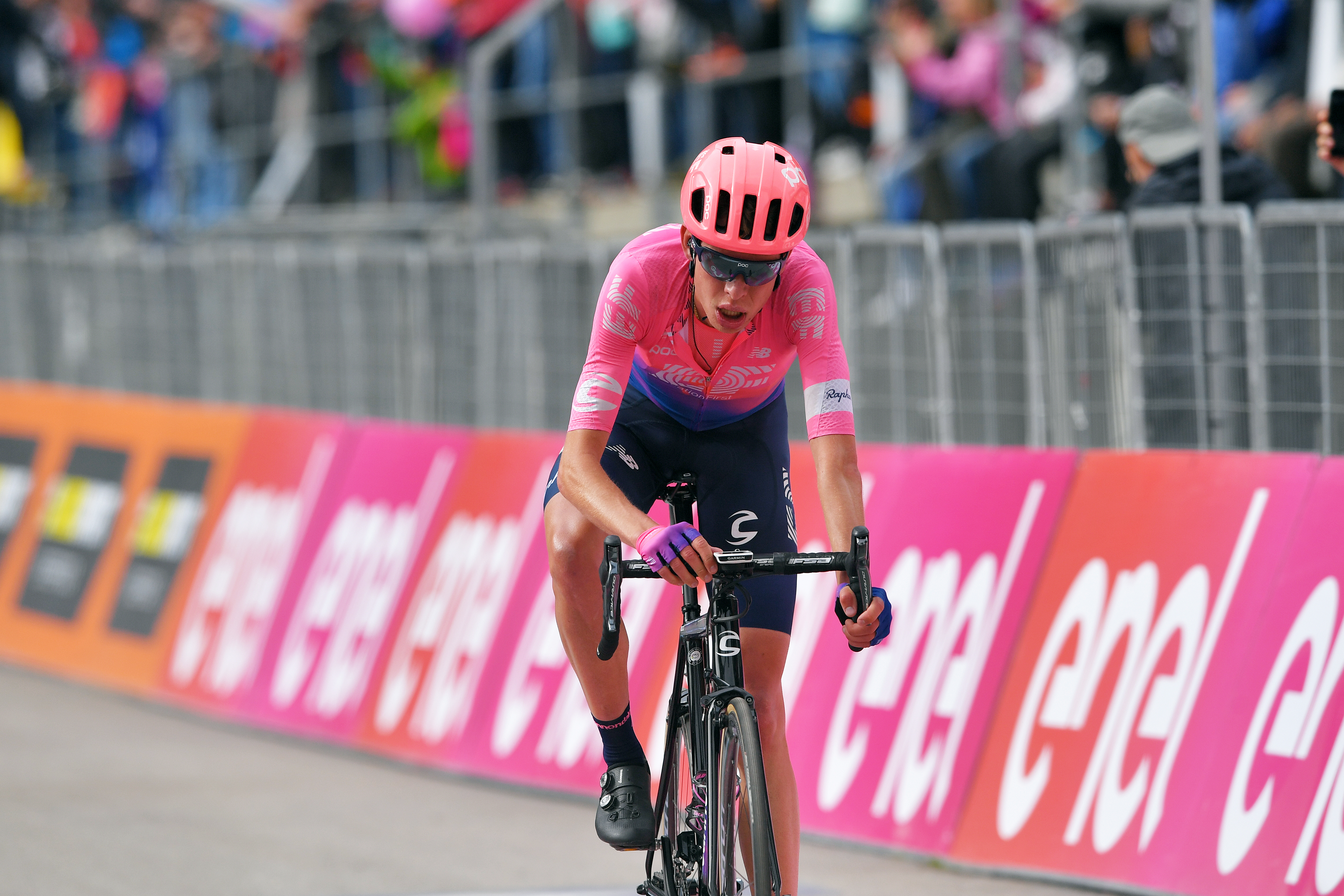
Whilst Britain may have won every Grand Tour since Tom Dumoulin's 2017 Giro d'Italia victory, the Giro d'Italia 2019 has not been as successful.
Simon Yates, the nation's only real GC hope, struggled to find form and found himself out of the running by the end of week two following a poor time trial and less than convincing performances in the mountains.
However, Hugh Carthy (EF Education First) currently sits 13th on GC, and has provided a breath of fresh air with candid post-race interviews. Tao Geoghegan also battled bravely after crashes in the first week, struggling on until abandoning on stage 13, with James Knox (Deceuninck - Quick-Step) suffering a similar fate.
Ask yourself what is more interesting, a Brit winning a sixth consecutive Grand Tour or a myriad of fortunes for the British contingent?
A breakaway that won by a whisker
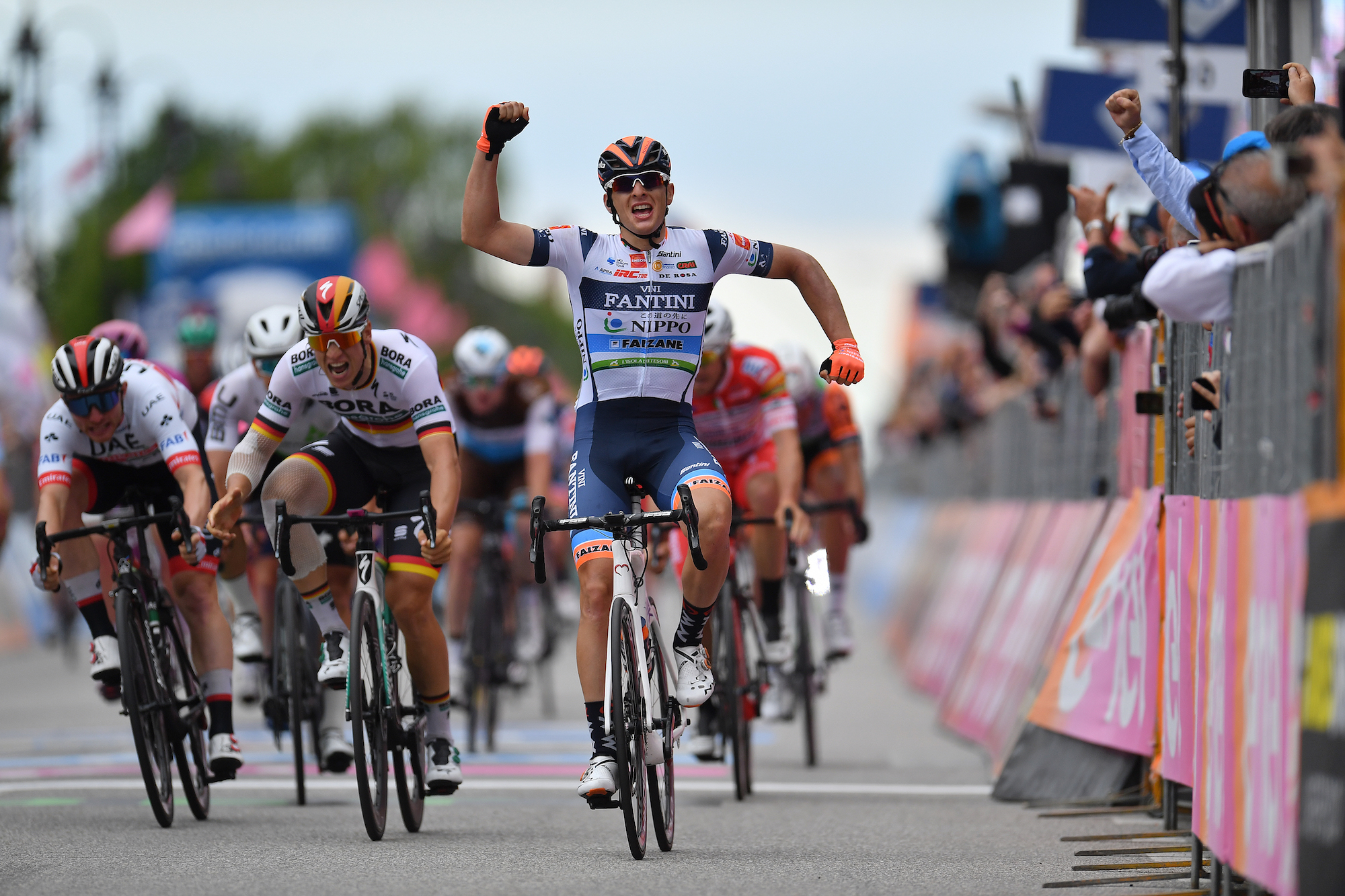
After being off the front for nearly the entirety of the 222km stage 18, the Italian Damiano Cima (Nippo-Vini Fantini) held on by a whisker, just ahead of the bunch sprint, to take the victory.
Watching the day's break look like they might stay away in the closing kilometres of a flat stage intended for the sprinters, and then actually managing to hold off the peloton? I can't think of anything less boring.
An unexpected overall race winner?
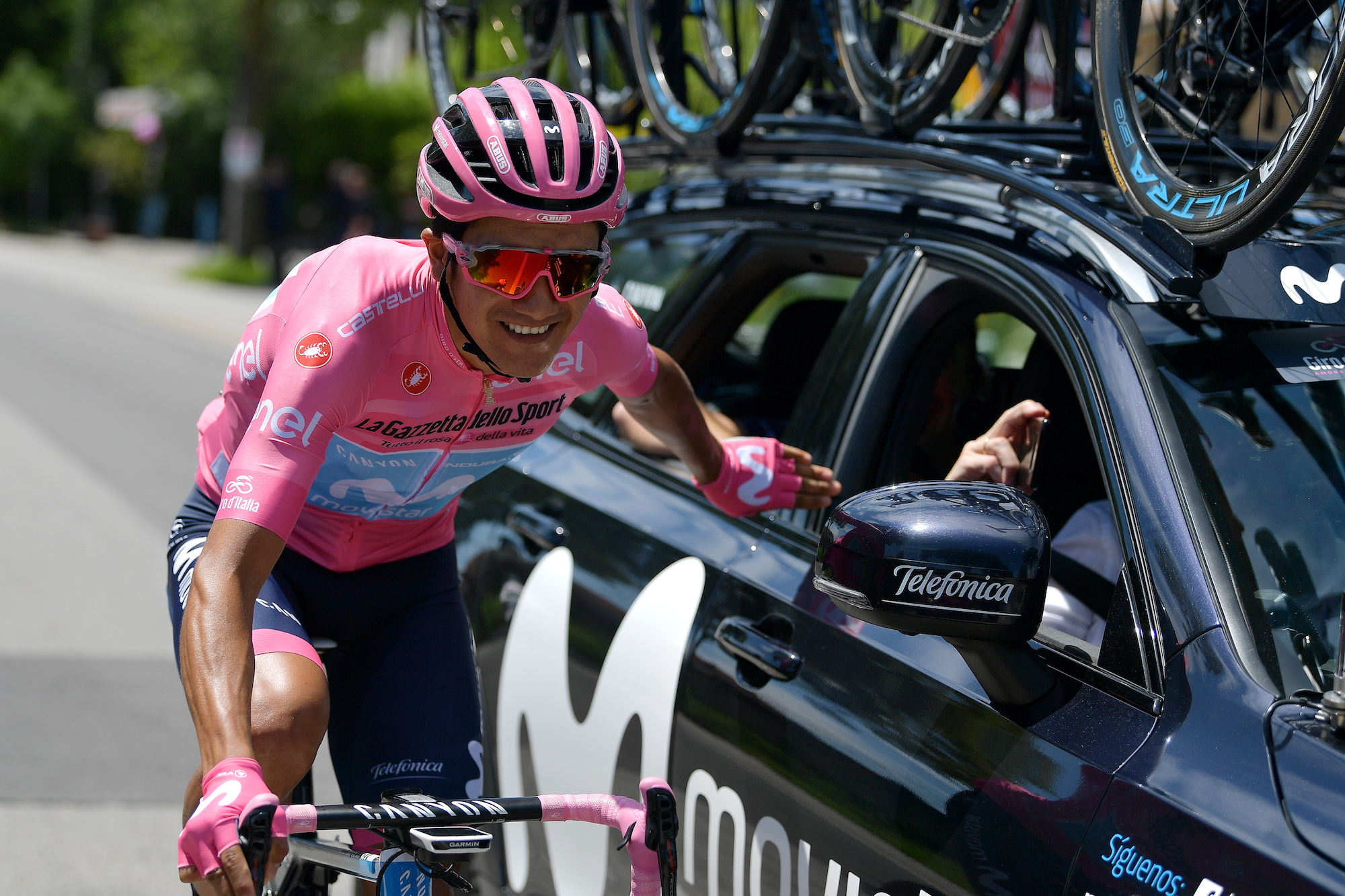
Just like Geraint Thomas was an unexpected winner as he stepped up to the top step of the podium on the Champs-Élysées at the 2018 Tour de France, Richard Carapaz (Movistar) could prove an equally unlikely winner of the Giro d'Italia 2019.
After a courageous attack and victory on stage 14, the Ecuadorian took the pink jersey and has held it ever since. After Primož Roglič suffered the misfortune of mechanicals and crashes on stage 15, Carapaz consolidated his lead further, with the Slovenian then failing to live up to expectations as the race went uphill again.
How can a race be boring when at the end of the three weeks of racing is done it spits out the most unexpected of winners?
Jonny was Cycling Weekly's Weekend Editor until 2022.
I like writing offbeat features and eating too much bread when working out on the road at bike races.
Before joining Cycling Weekly I worked at The Tab and I've also written for Vice, Time Out, and worked freelance for The Telegraph (I know, but I needed the money at the time so let me live).
I also worked for ITV Cycling between 2011-2018 on their Tour de France and Vuelta a España coverage. Sometimes I'd be helping the producers make the programme and other times I'd be getting the lunches. Just in case you were wondering - Phil Liggett and Paul Sherwen had the same ham sandwich every day, it was great.